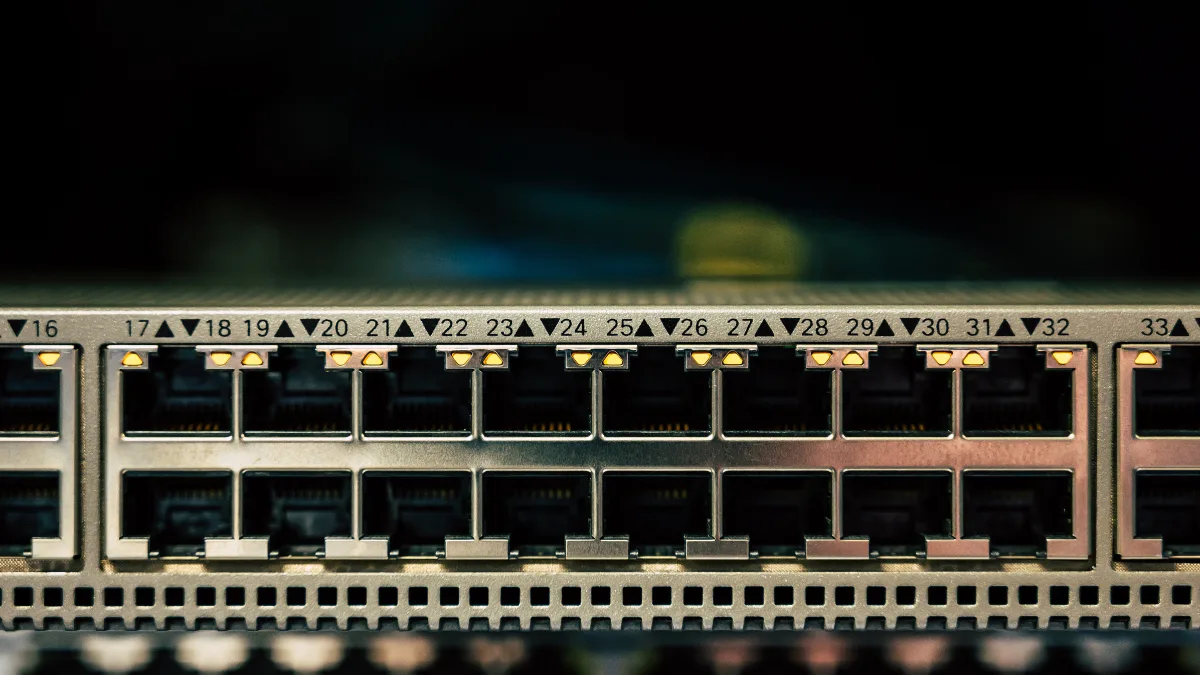A Network Packet Broker (NPB) offers numerous benefits, including the ability to amplify input signals or sounds without altering their original form. However, the advantages and disadvantages of network packet broker cannot be easily separated, even though the benefits are evident.
The advantages and disadvantages of network packet brokers, which include improving visibility and efficiency, reducing the load on monitoring tools, complex configuration, and potential for single points of failure, may be factors to consider when deciding whether to use them.
This article will inform you about some of the advantages and disadvantages of network packet broker that you can consider.
The Advantages and Disadvantages of Network Packet Broker

Like any other electronic device, a Network Packet Broker (NPB) has several advantages that can be utilized and disadvantages to consider.
The advantages of a network packet broker include improving visibility and efficiency, solving problems faster, and supporting high-speed networks, while the disadvantages include complex configuration, dependence on hardware, and high upfront costs. Here are the advantages and disadvantages of network packet broker:
The Advantages of Network Packet Broker
Here are some advantages of a Network Packet Broker (NPB):
1. Improving visibility and efficiency

One of the advantages of NPB is that it improves visibility and efficiency. The device can provide accurate data to monitoring tools by filtering, duplicating, and balancing network traffic. This will help reduce the load on these tools and ensure that relevant data reaches the right tools.
2. Reducing the load on monitoring tools
Another advantage of NPB is that it can reduce the load on monitoring tools. Before sending data to security and analysis tools, such as firewalls, IPS, and data recorders, NPB will optimize the volume of data that needs to be processed. This will help improve the performance of these tools.
3. Solving problems faster
NPB allows operators to solve problems faster and more accurately. This is due to its ability to analyze network traffic in depth and identify potential problem patterns. NPB will quickly and accurately provide relevant packets related to the problem.
4. Supporting high-speed networks
Another advantage of NPB is its ability to support high-speed networks. The device can handle speeds of up to 400 Gbps. This capability makes it a suitable solution for complex modern network environments.
The Disadvantages of Network Packet Broker
Here are some disadvantages of a Network Packet Broker (NPB):
1. Complex configuration
One of the drawbacks of NPB is its configuration complexity. Setting up and managing NPB can be complicated and requires a high level of technical expertise to ensure optimal configuration of filtering and tracing rules without conflicts.
2. Potential for single points of failure

Another drawback of NPB is its potential for single points of failure. A device failure can disrupt the entire network monitoring infrastructure. This can be prevented by implementing redundancy solutions.
3. Dependence on hardware
NPB relies heavily on specialized hardware for advanced packet processing functions. Rapid technological changes can render existing hardware obsolete, requiring costly upgrades or replacements.
4. High upfront costs
Another disadvantage of NPB is its high upfront costs. NPB implementation requires significant investment in specialized hardware and software licenses. This makes it less affordable for small organizations or those with limited budgets.
Those are the advantages and disadvantages of Network Packet Broker to consider before deciding to use one.
Despite its limitations, the NPB has improved visibility and efficiency, solving problems faster and supporting high-speed networks.